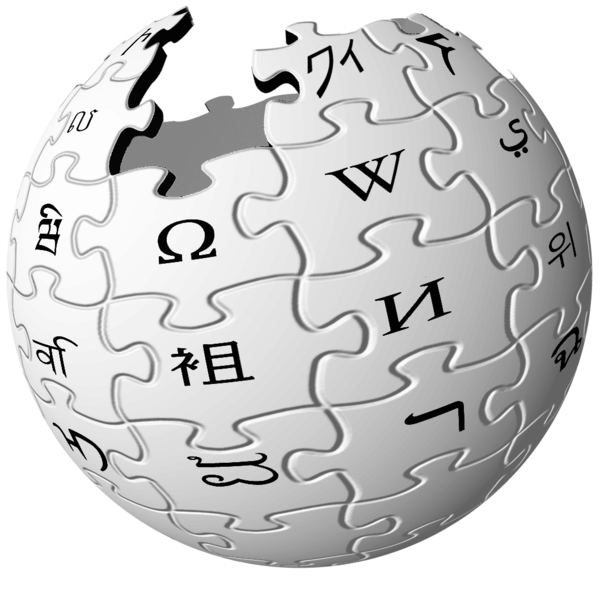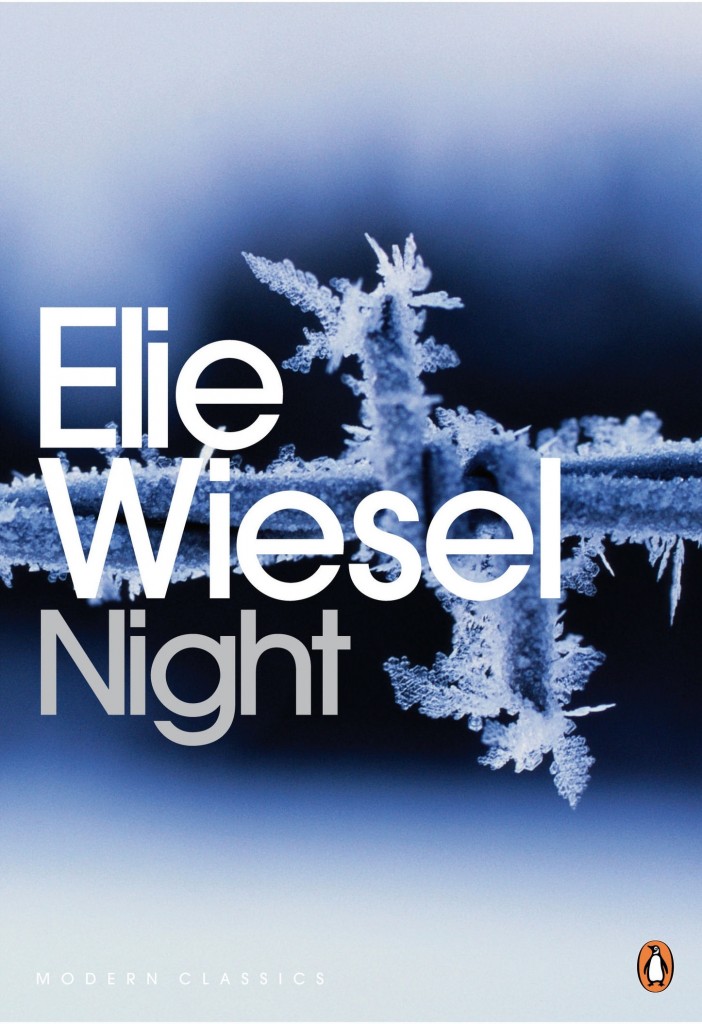There Is Hope For All. Even Your Book
 Some of THIS posting is not from me. It is simply a cut and paste from this Wikipedia article on one of my heroes (a feeling on which I’m proud to say I am nowhere near alone), Elie Wiesel. I am also including a link to one of the most fascinating, engrossing, intellectual scenes from a film I have ever seen. The scene is from “God on Trial”—here is what is said below about the book and play: “The 1979 book and play The Trial of God is said to have been based on Wiesel’s real-life Auschwitz experience of witnessing three Jews who, close to death, conduct a trial against God, under the accusation that He has been oppressive of the Jewish people.”
Some of THIS posting is not from me. It is simply a cut and paste from this Wikipedia article on one of my heroes (a feeling on which I’m proud to say I am nowhere near alone), Elie Wiesel. I am also including a link to one of the most fascinating, engrossing, intellectual scenes from a film I have ever seen. The scene is from “God on Trial”—here is what is said below about the book and play: “The 1979 book and play The Trial of God is said to have been based on Wiesel’s real-life Auschwitz experience of witnessing three Jews who, close to death, conduct a trial against God, under the accusation that He has been oppressive of the Jewish people.”
I am sorry to mix religion with a blog to give you hope regarding your writing—we live in a society now where religion (among other things) is a wildfire subject waiting for the smallest forms of fuel to spread. Say the word, and you have a million mouths screaming at you to shut up or, rather, begging you to fight them. We used to call them “flamers” back in the day (trying my best to sound like I’m a hundred and twelve and living in the Ozarks).
 Let me be abundantly clear: I am making NO RELIGIOUS statement either with the Wiki-clip below or the clip from “God on Trial”. So please don’t comment on anything religious here or try to start a squabble. I rarely utilize my totalitarian power to quash speech here on my own blog but if you use this as a platform to rant or flame on religion, I will spam-trash your ass.
Let me be abundantly clear: I am making NO RELIGIOUS statement either with the Wiki-clip below or the clip from “God on Trial”. So please don’t comment on anything religious here or try to start a squabble. I rarely utilize my totalitarian power to quash speech here on my own blog but if you use this as a platform to rant or flame on religion, I will spam-trash your ass.
There’s an anonymous statement: “It’s like playing chess with a pigeon; no matter how well you play chess, the pigeon is just going to knock over the pieces, crap on the board, and strut around like it’s victorious.”
There is no platform here: I am not Jewish, and what I am, and my beliefs or lack thereof have nothing to do with this blog (and are none of your fucking business because I don’t blog about them). I am, and am attempting, quite simply, to impart two things here, dear readers:
1) I am (and you should be, too) given hope by the accounting of this one bestseller’s book and its familiar (to us) path to success
and
2) I am completely moved and transfixed by this clip of “God on Trial: The Rabbi’s Speech” (credit Redux.com) I saw today thanks to a paper.li article Cynthia Yildirim found and was picked up by Tess Hardwick and The Tess Hardwick Daily.
 In the Wiki-clip below is the struggle of a book—of Wiesel’s book “Night”—which is one of the most profound pieces of literature I’ve had the fortune to have read. (I just purchased the digital copy for my Kindle because I want it for safe keeping, and so that I may have it at my side always.) The last line of this Wikipedia segment will tell you in 2006 “Night” reached #1 on the New York Times bestseller list. The implication written there is that Oprah Winfrey gave it her “Book Club” approval stamp and perhaps that is why it hit #1. It matters not the “why”—and let me be clear about something else: I have not nor will I ever write as profound and important a book as Elie Wiesel. Perhaps you have, or will. But just reading the journey of “Night” to #1 gave ME hope.
In the Wiki-clip below is the struggle of a book—of Wiesel’s book “Night”—which is one of the most profound pieces of literature I’ve had the fortune to have read. (I just purchased the digital copy for my Kindle because I want it for safe keeping, and so that I may have it at my side always.) The last line of this Wikipedia segment will tell you in 2006 “Night” reached #1 on the New York Times bestseller list. The implication written there is that Oprah Winfrey gave it her “Book Club” approval stamp and perhaps that is why it hit #1. It matters not the “why”—and let me be clear about something else: I have not nor will I ever write as profound and important a book as Elie Wiesel. Perhaps you have, or will. But just reading the journey of “Night” to #1 gave ME hope.
And we all need hope. I’d argue the Jews in Auschwitz needed it more than I, who am desperately waiting for the sales of my new book, or the woman on the street corner who just lost her bakery job (she and I are about equal, because if my book doesn’t finally break me out a bit, I’ll be standing where she was, assuming she already found herself a job) but we human beings, we all need hope. The article here should, you being a writer, give you that.
Reading “Night” gave me hope. I have not seen “God on Trial”, as I’ve said, but the clip I’ve linked to, that is clearly taken from the context of the entire movie, does not inspire much hope. Yet it left me transfixed. (I just ordered the DVD of “God on Trial” so that I may witness the entirety of the movie.) As mentioned, the clip is called “The Rabbi’s Speech“.
First, here is what Nobel Laureate, and Holocaust survivor, “messenger to mankind” Elie Wiesel went through for his book that has now sold millions of copies (he’s written 56 others, by the way). It makes me feel both hopeful and incredibly petty and small. But we all need hope—even the petty and small:
(From Wikipedia)
Wiesel first wrote the 900-page memoir Un di velt hot geshvign (And the World Remained Silent) in Yiddish, which was published in abridged form in Buenos Aires.[14] Wiesel rewrote a shortened version of the manuscript in French, and it was published as the 127-page La Nuit, and later translated into English as Night. Even with Mauriac’s support, Wiesel had trouble finding a publisher for his book, and initially it sold few copies.
In 1960, Arthur Wang of Hill & Wang agreed to pay a $100 pro-forma advance, and published it in the US in September that year as Night. The book agent was Georges Borchardt, then just starting his career. Borchardt remains Wiesel’s literary agent today.
The book sold just 1,046 copies over the next 18 months, but attracted interest from reviewers, leading to television interviews with Wiesel and meetings with literary figures like Saul Bellow. “The English translation came out in 1960, and the first printing was 3,000 copies,” Wiesel said in an interview. “And it took three years to sell them. Now, I get 100 letters a month from children about the book. And there are many, many million copies in print.” The 1979 book and play The Trial of God is said to have been based on Wiesel’s real-life Auschwitz experience of witnessing three Jews who, close to death, conduct a trial against God, under the accusation that He has been oppressive of the Jewish people.
Night has been translated into 30 languages. By 1997, the book was selling 300,000 copies annually in the United States alone. By March 2006, about six million copies were sold in the United States. On January 16, 2006, Oprah Winfrey chose the work for her book club. One million extra paperback and 150,000 hardcover copies were printed carrying the “Oprah’s Book Club” logo, with a new translation by Wiesel’s wife, Marion, and a new preface by Wiesel. On February 13, 2006, Night was no. 1 on The New York Times bestseller list for paperback non-fiction.
Early on, Weisel’s book sold worse than mine. Now of course we have to factor in what he could have done as a self-published writer were he to do that with “Night” now, but I still think it would have been a long road for that book (clearly not for Wiesel himself—the man truly is a messenger to the rest of us).
A messenger to mankind.
THAT is something each of us should strive to become.
~~~~~~~~~~~~~~~~~~~~~~~~~~~~~~~~~
The blank page is dead, long live the blank page
~~~~~~~~~~~~~~~~~~~~~~~~~~~~~~~~~




This is just food for thought, not a hit at your blog. I have been suspect of the word hope for sometime now. When I ask myself who hopes, it is someone feeling desperate. Better to invite goodness for that requires an open heart and an actual willingness to believe that goodness is real and accessible to you. See how the two, hope versus invitation, feel in your gut and then decide what you would rather seek. Besides with a book like Dark Prairies out there you can abandon hope and know it will succeed. Awesome book, fascinating style for telling the story and fearlessly welling forth deep from within you.
Interesting thought, but I wonder if this boils down to how you define hope. I think I get what you’re talking about – that hope can be become a form of escapism and a barrier to being aware of opportunity. That’s fair and I can see how it would make you suspicious of hope, but I think there’s also a more positive hope, one that does help to expand the heart as you describe. It’s the kind of hope you have when doing something like volunteering to help the less able: a hope that your actions are making a difference. That can open your heart to the other positive actions that you see around you day-to-day. Anyway, just a minor quibble! 🙂
Thank you and Tess for sharing! It is a powerful scene. I have plans to get the DVD as well. It sometimes helps to ponder these thought-provoking questions.
When an author really has something important to say or a great story to be told, someone will hear, someone will read. It’s the great hope that dwells within all of us.
Or does this mean that, no matter how important the book, or how good the writing, the secret to success is getting on TV? Or maybe attracting the attention of a particular reader, one who knows how to attract the attention of a large number of people?
Is that something we can do as independent authors?
I will say this, with near surety (but I hope I am dead wrong): the book’s excellence, importance, and/or writing supremacy have very little to do with an Indie author breaking free. Finding the masses. I mean had “Night” been read by the masses it would have been instantly lauded. The old school publishers loved nothing better than to thumb their noses at writers with more talent than themselves and they were in the sole position of keeping a book from the masses. Now we’ve got marketing whizzes convincing click-happy Amazonites that they’ve written gold when it’s really gold spray-painted crap. I wish I had the answers. Maybe someday one of us will!! 😉
Boy, did I need to read this this morning. Having one of those days where I wonder why I’m even bothering this; if I’m writing quality stuff but no one is noticing, does it even matter? This helped to answer the question.
It matters. I know how hard it is to see the light. We are so deep in the jungle sometimes we’re literally in those places where there has never BEEN light and civilization (and readers), they just don’t know we’re there. If we were to throw in the towel, then they would never have the opportunity to know us. Soldier on. 😉
Honestly not sure what else to say to that but wow and thanks. That’s a great way of looking at it. 🙂
I love Elie Weisel, and I love that he’s a symbol of hope for you – in any area of your life.
After all, as another famous Jew, the great Rabbi Hillel, once said (and this never, never fails to give me the chills): If I am not for myself, who will be for me? If I am not for others, what am I? And if not now, when?
Your comments always leave me speechless. That’s a compliment. Very difficult thing to accomplish. 🙂